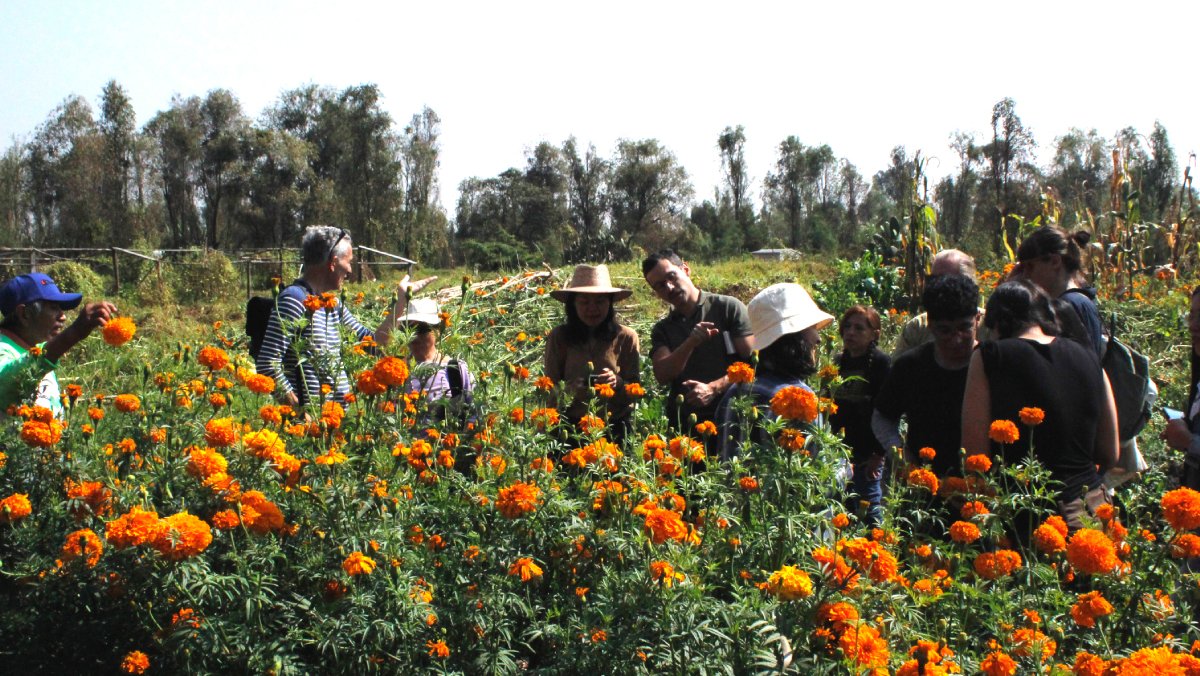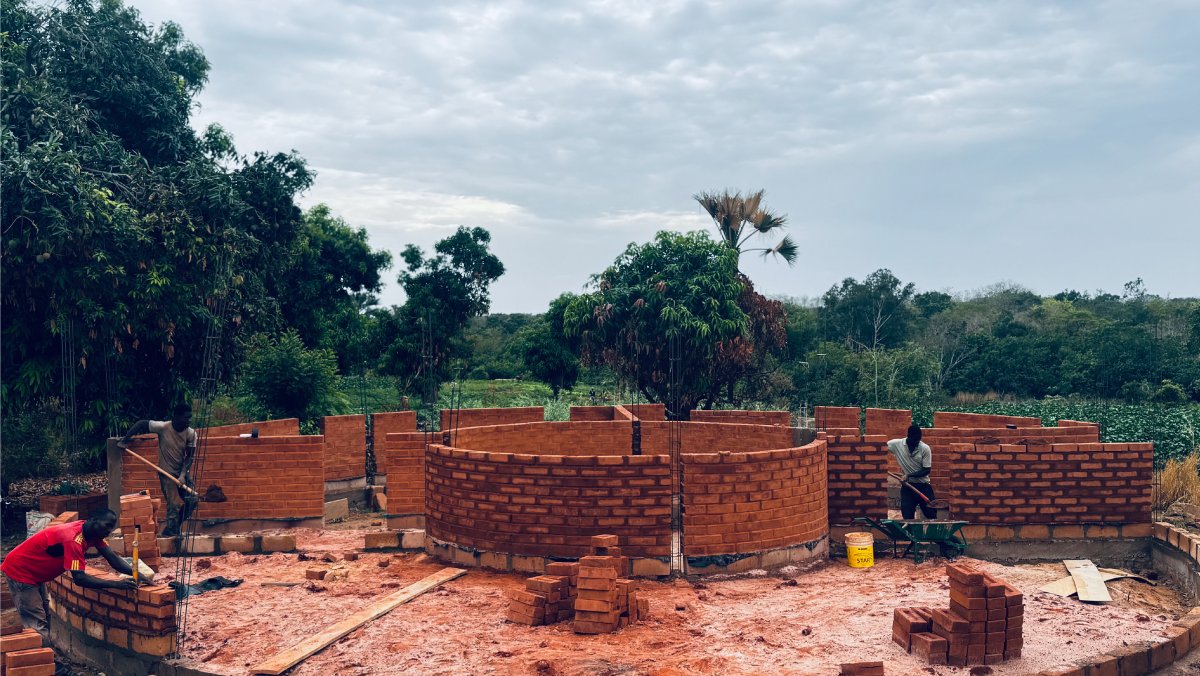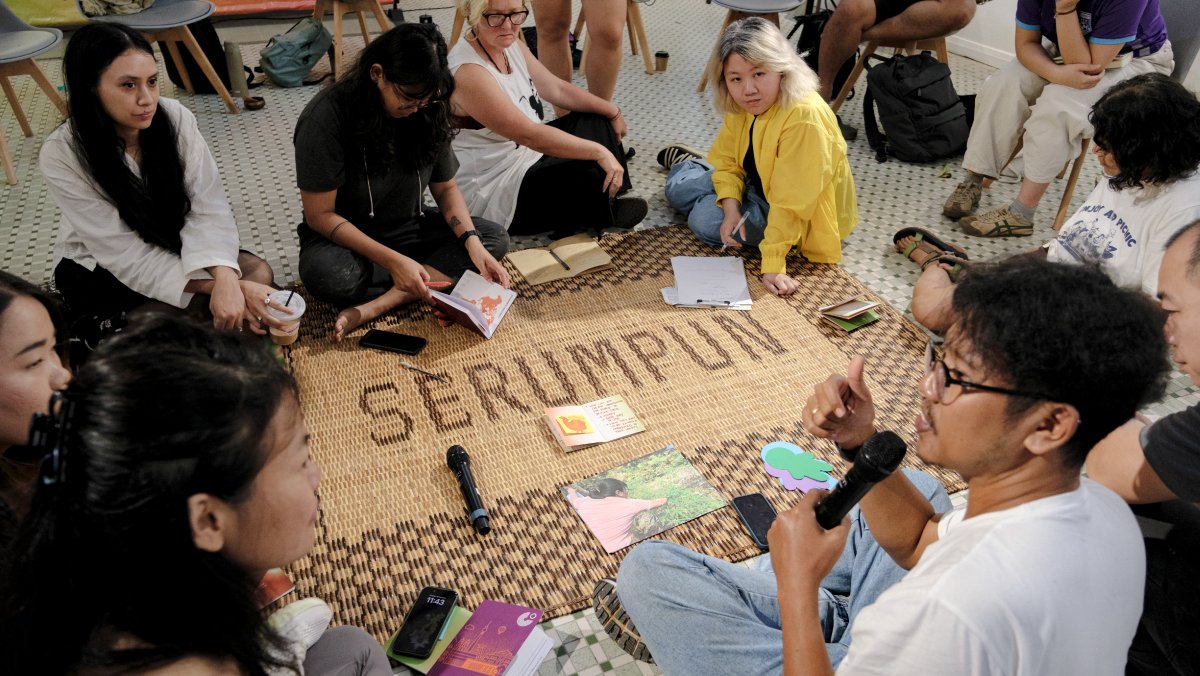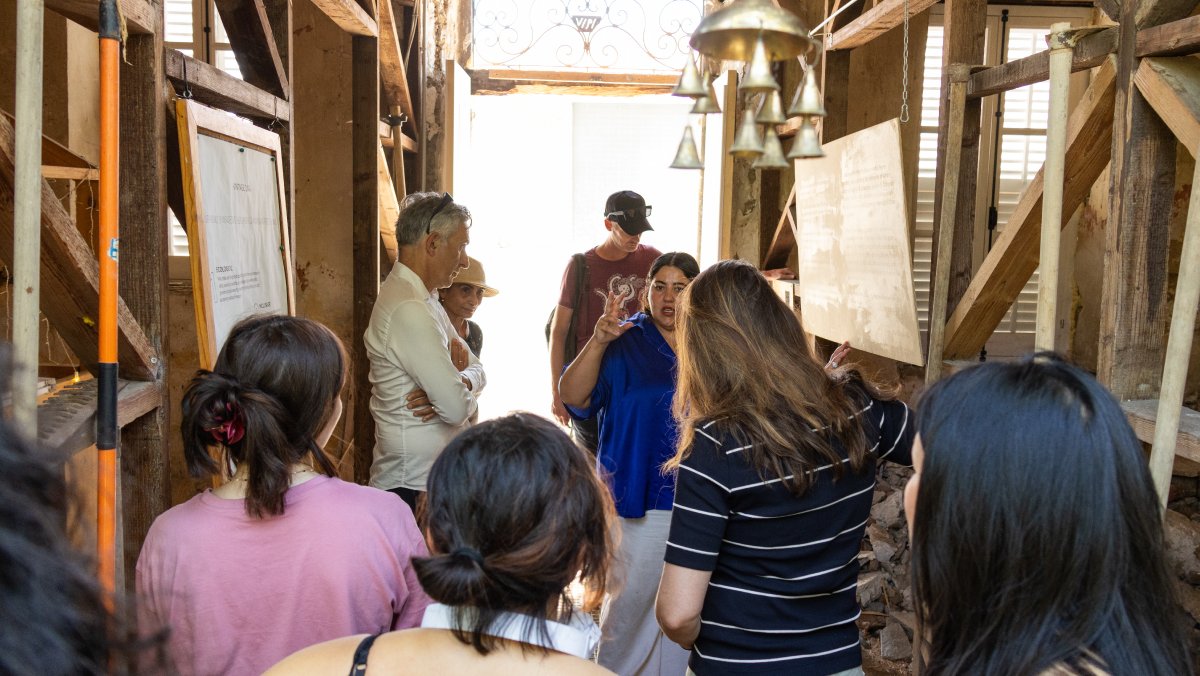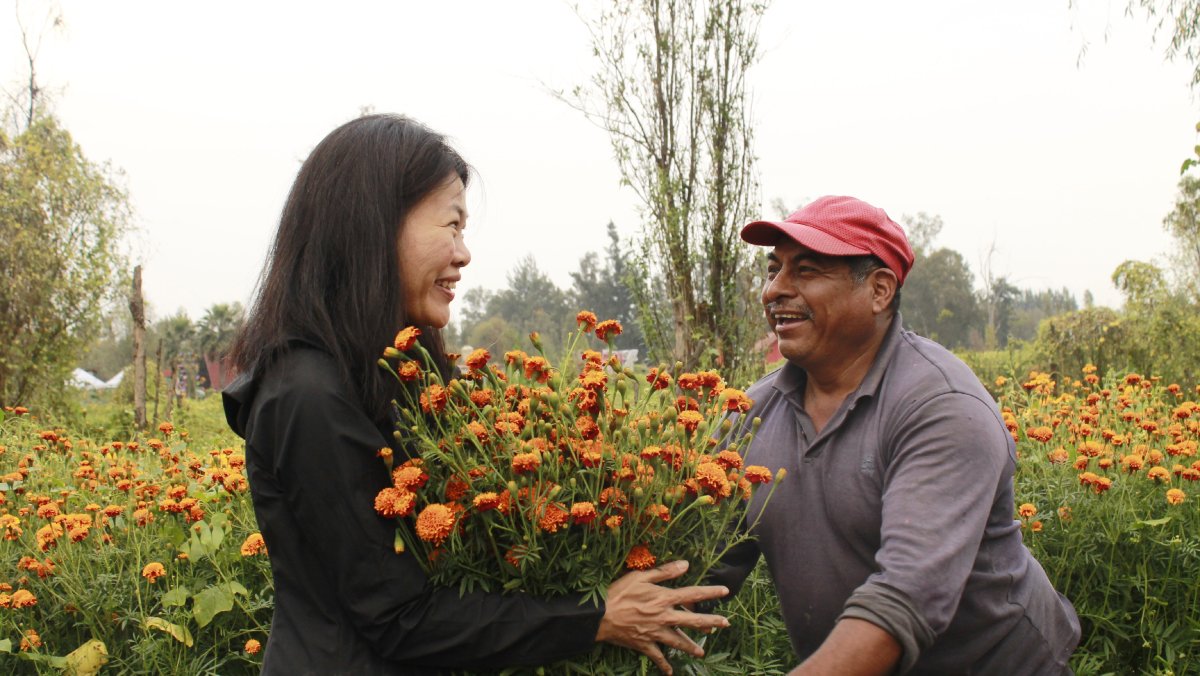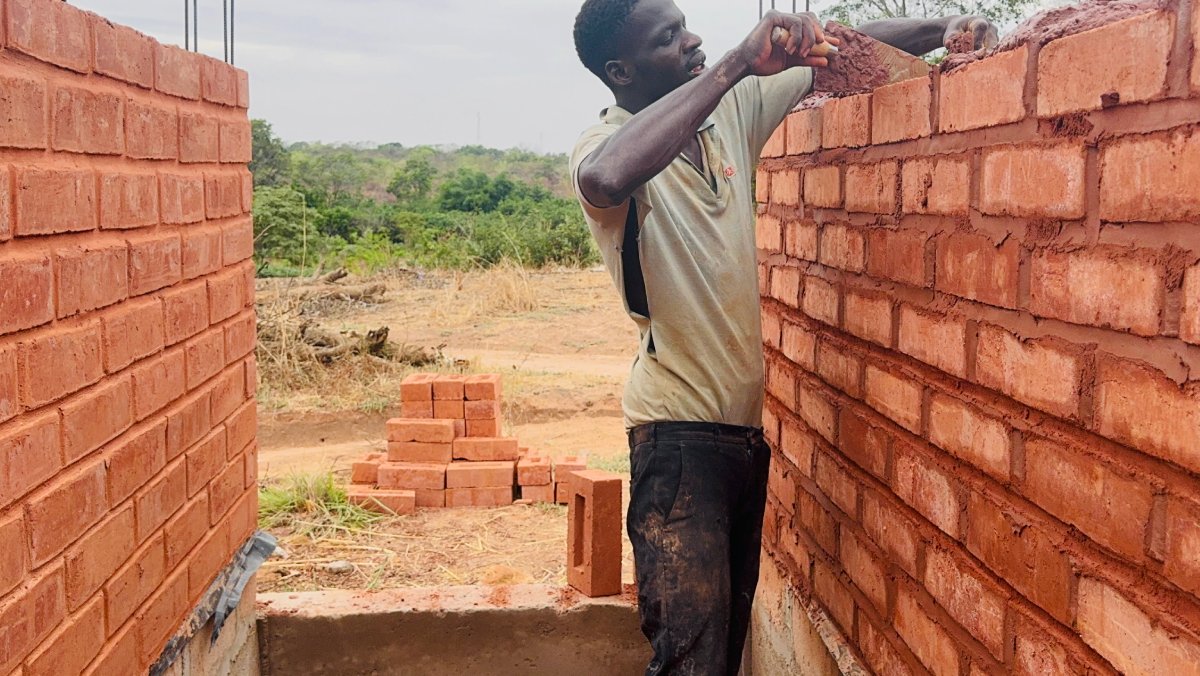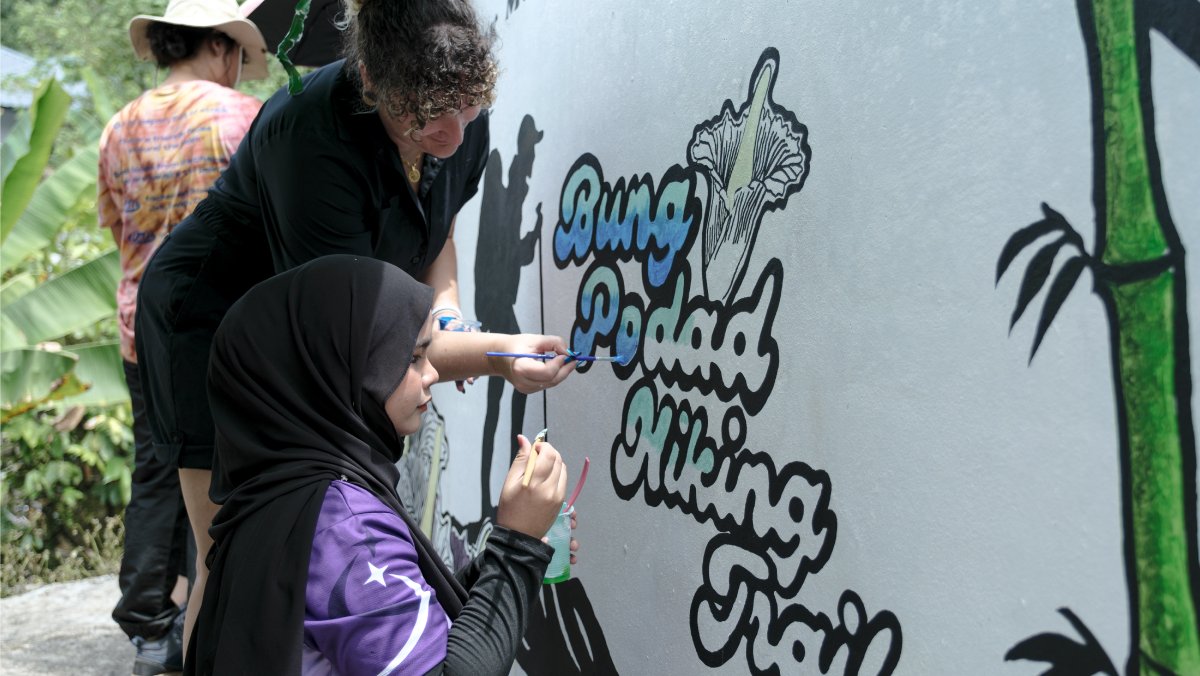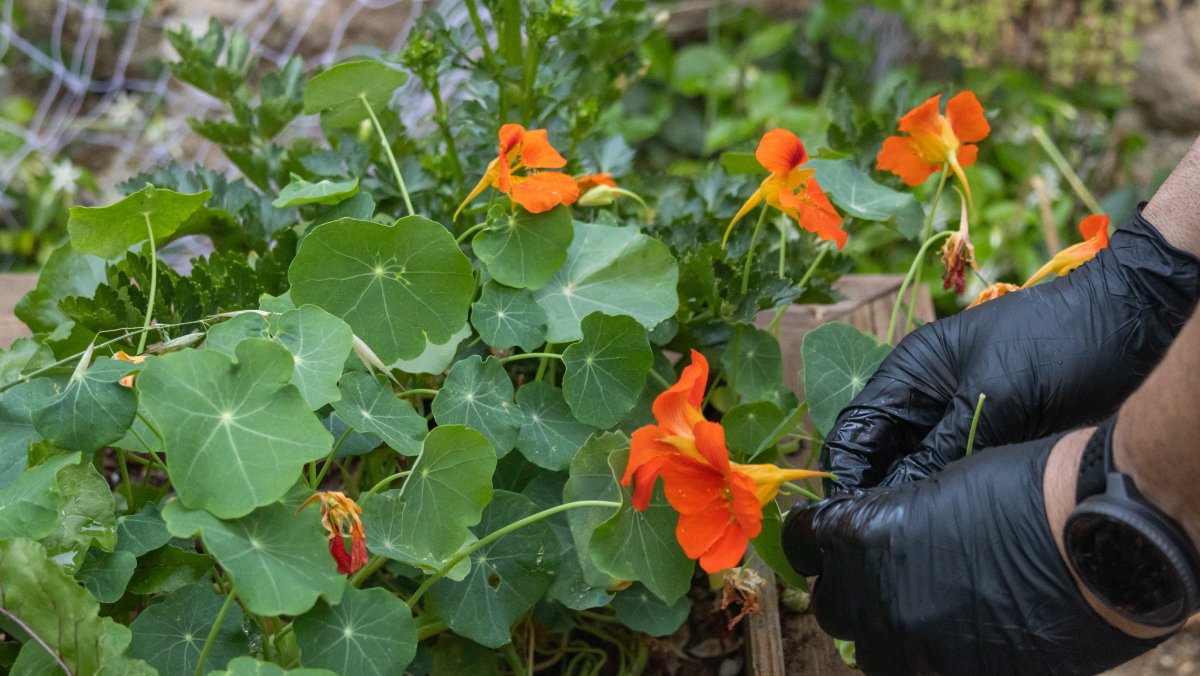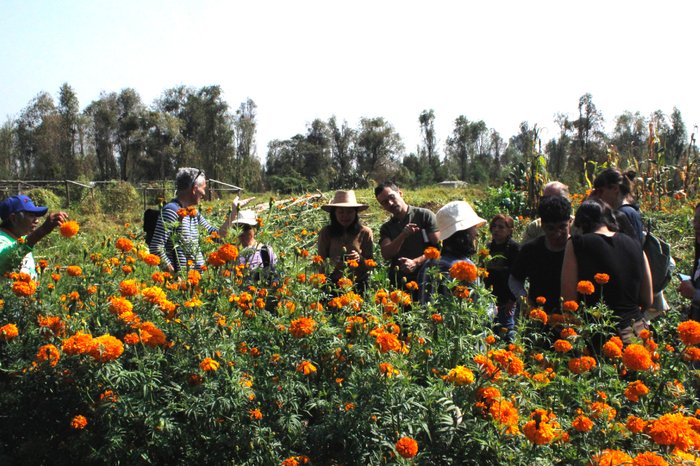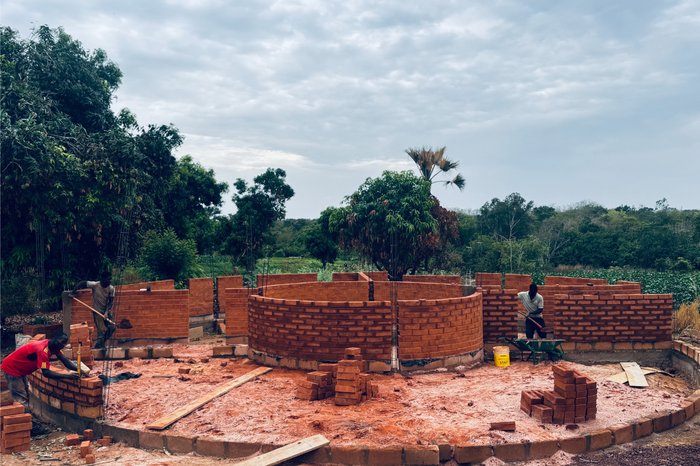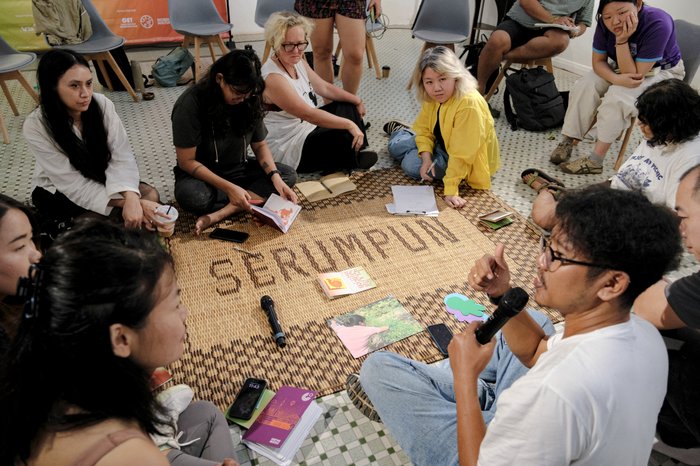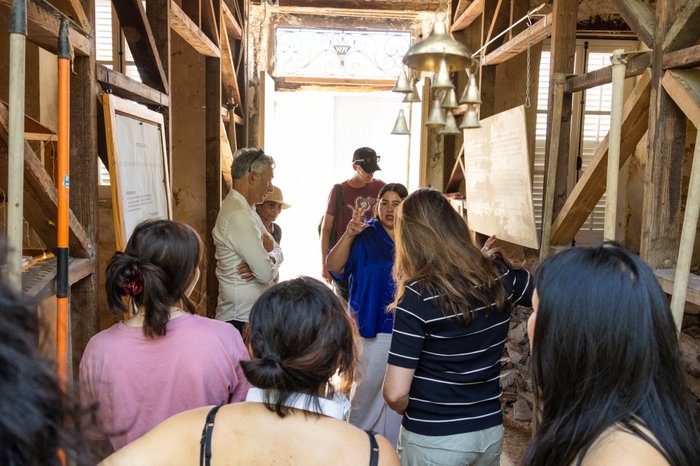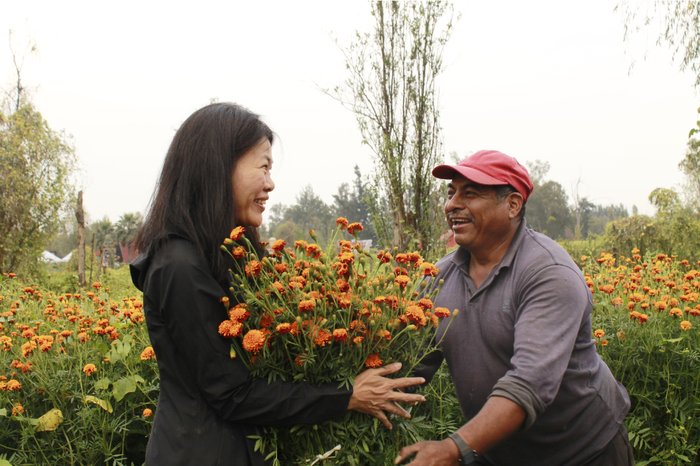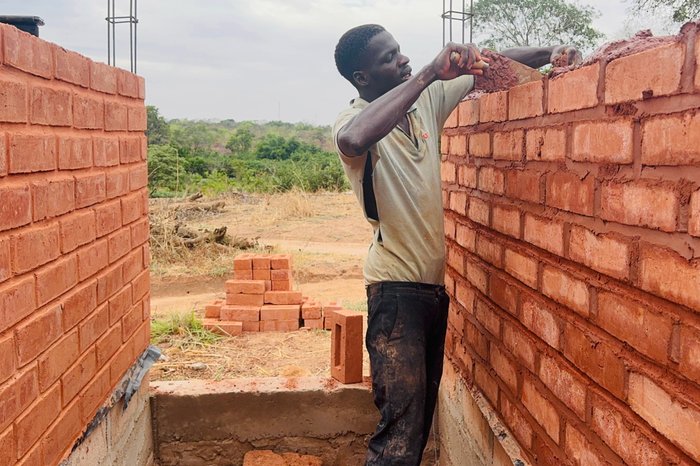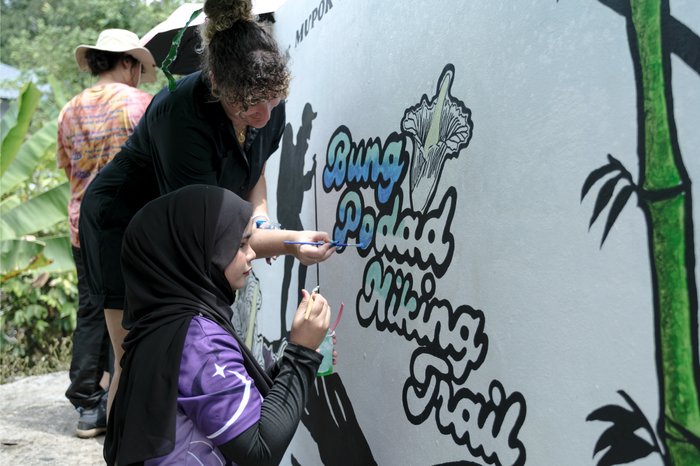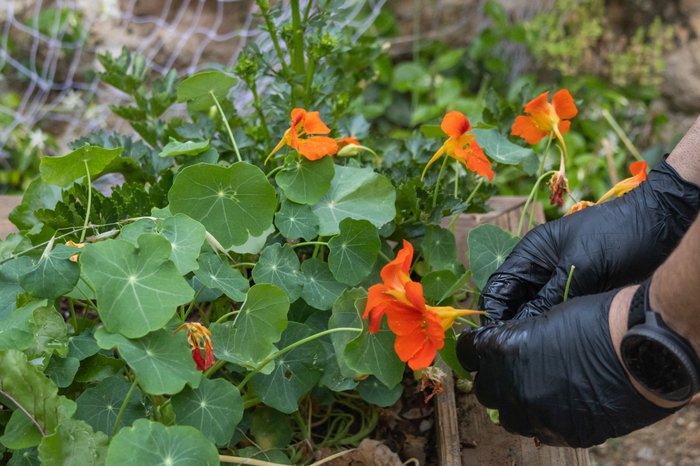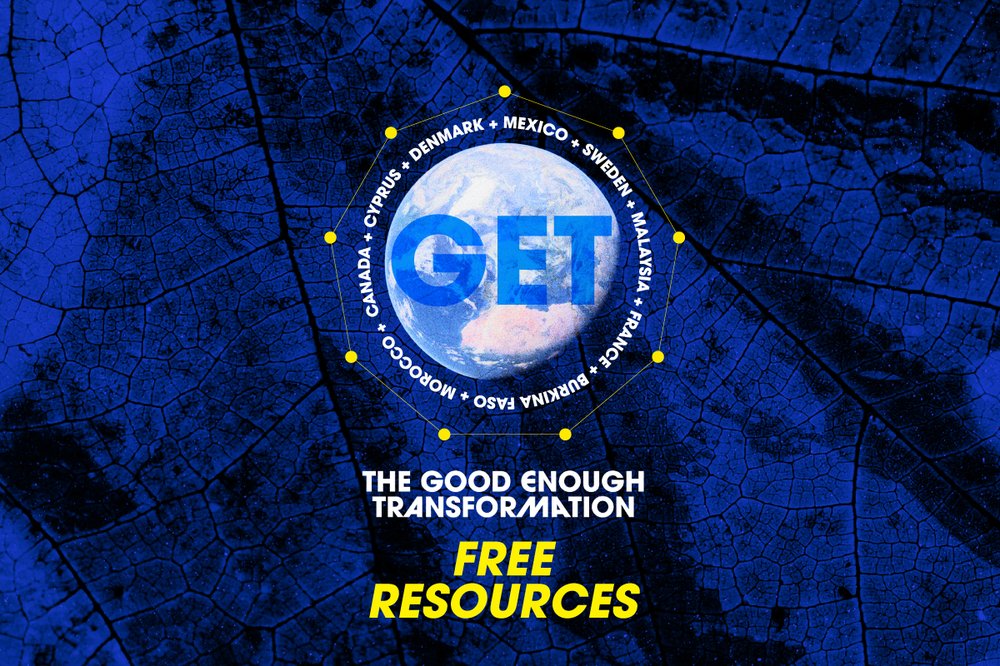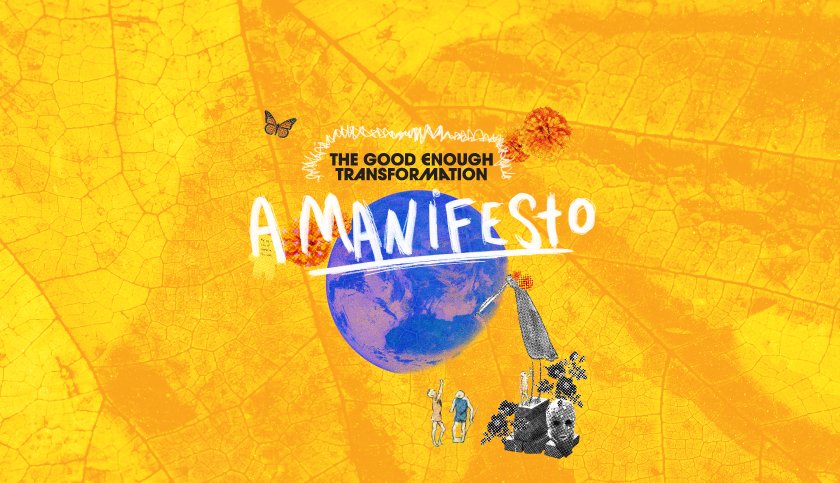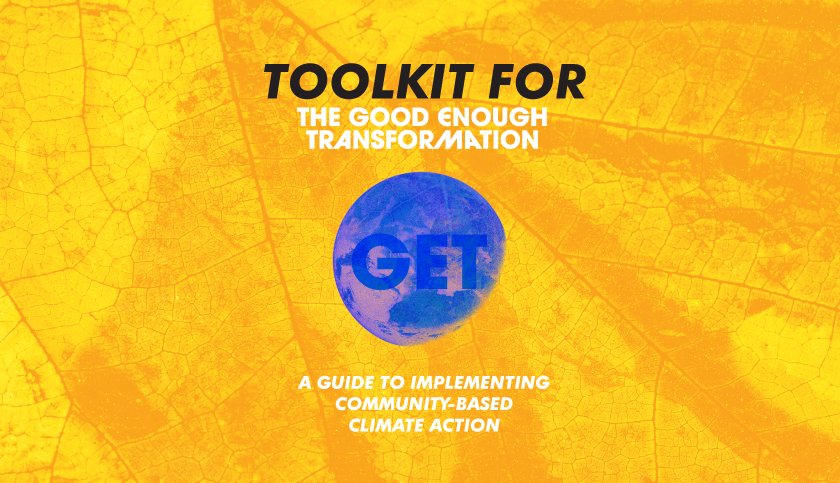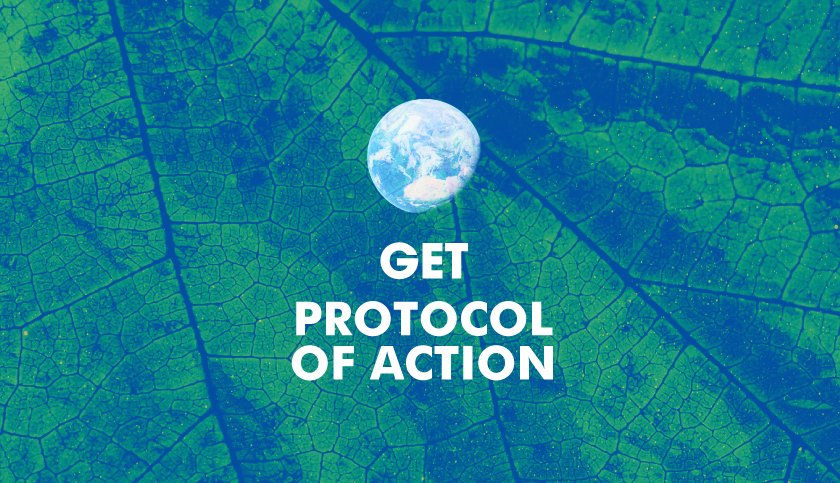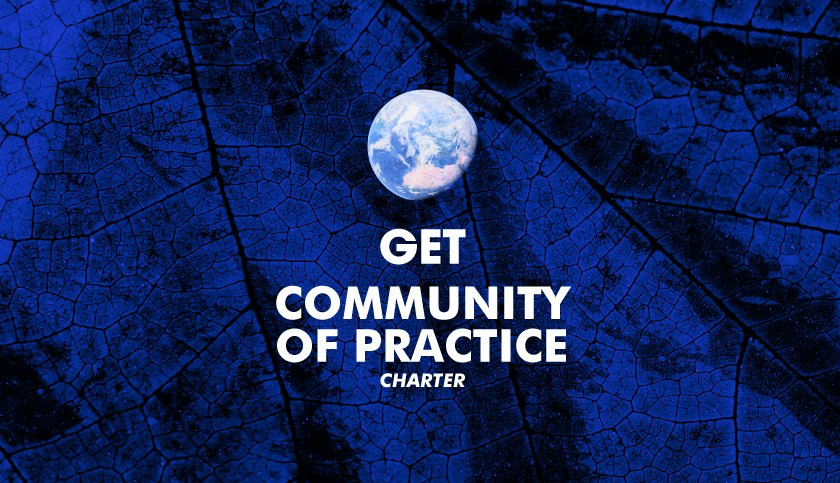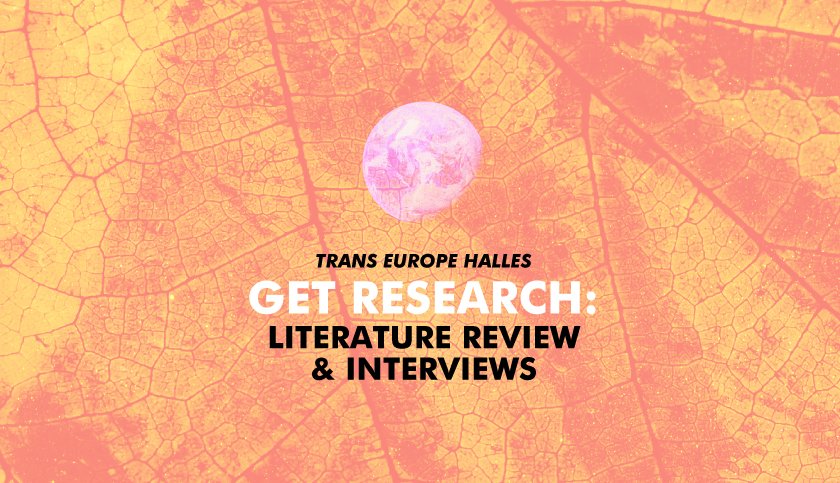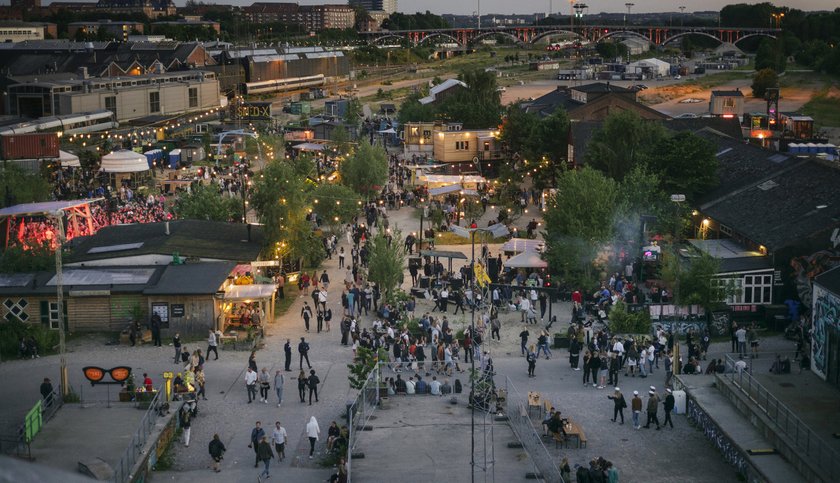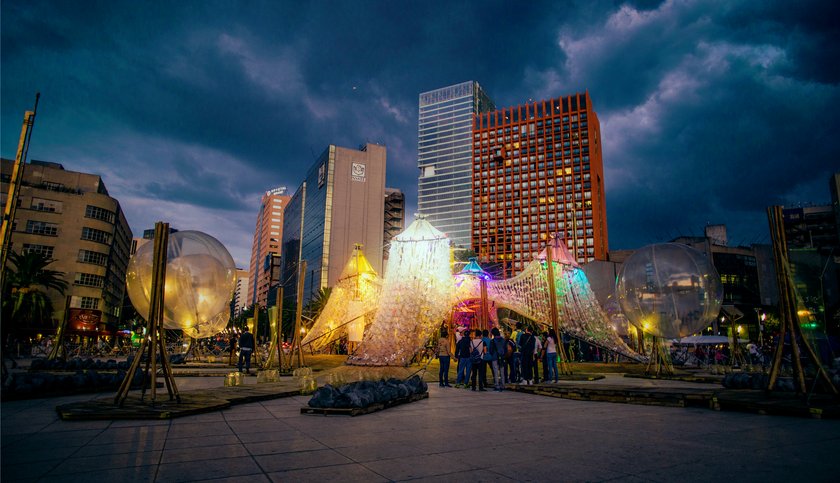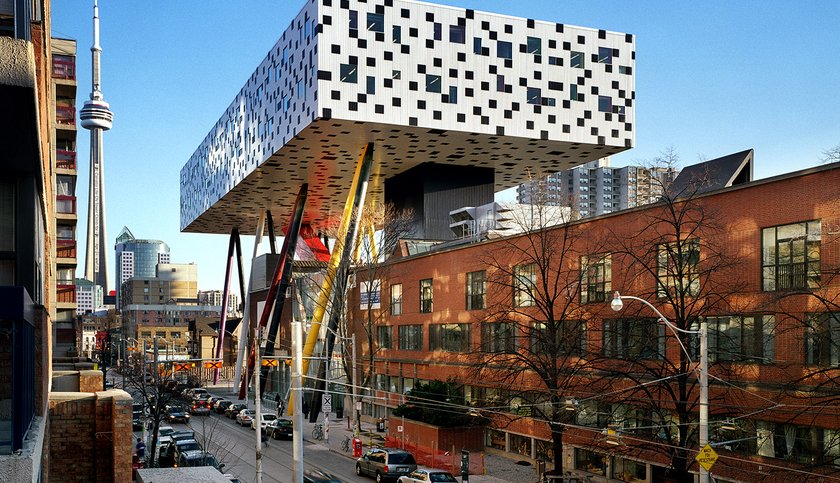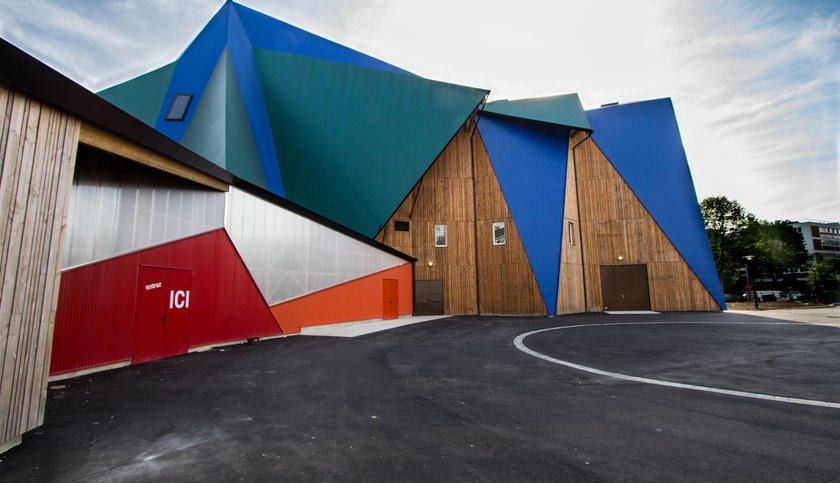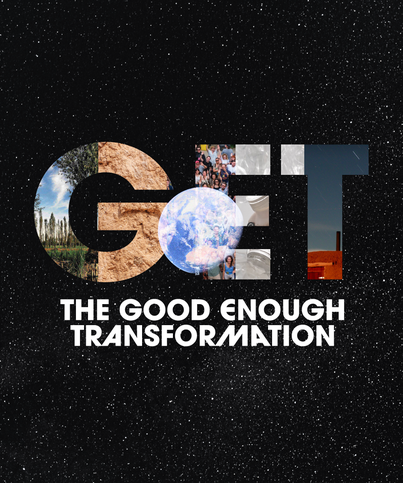What is #GET exactly? GET offers a unique perspective on a sustainable green transformation that is driven by local collectives, collaborative social networks and the interaction between traditional knowledge systems, small creative economies and accessible urban innovation.
Since February 2024, GET has been on a quest to find and share affordable, sustainable and immediately accessible green transformations —combining sustainable innovation with the cultural and natural heritage of communities worldwide: from nature-based agricultural heritage in Mexico, vernacular architecture in Burkina Faso, community gardens in Cyprus and upcycling material explorations in Malaysia. The Good Enough Transformation framework prioritises incremental, locally driven climate action over perfectionism.
Community-based practices (mentioned above) are powerful catalysts for systemic change from the micro-local level that can impact the global scale. They serve as invaluable repositories of vital vernacular knowledge, essential for seamlessly implementing the green transition at the microlocal level.
While communities can't lead the full transition alone, they can enact what we like to call a "good enough transformation". This involves engaging people, fostering low-cost, locally sourced sustainable solutions and harnessing traditional knowledge and collective creativity to transform their immediate environment into greener, more sustainable spaces. Precisely this approach will be embraced by #GET.
Building a community of practice that unites, exchanges and shares insights, learning and discoveries on the #GET green transition, rooted in local community-based sustainable practices from across the 4 continents - Europe, Asia, Africa and America! So, let’s kick off the #GET movement.
